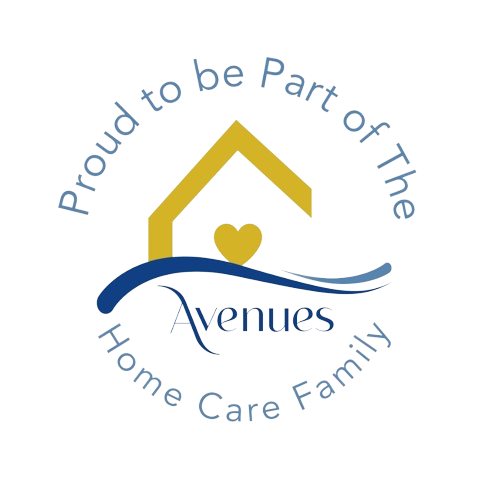Caregiver Tips for Seniors with Cancer

Caregiving for seniors with cancer has many challenges. Approximately 39% of the population will be diagnosed with cancer in their lifetime. As seniors age, they face many health issues but having cancer further complicates their care. Caregivers supporting seniors with cancer must be aware of these challenges senior face. As a caregiver its important that you take care of yourself. The National Center for Biotechnical Information (NCBI) https://www.ncbi.nlm.nih.gov finds that 67% of family caregivers experience depression, burnout, sleep trouble, and other unhealthy issues. Its important that the caregiver: Share your struggles with a loved one, participate in a support group, get respite care to help, take time to rest, enjoy activities you like, eat healthy and get exercise.
Here are some tips for caregivers that help Seniors with Cancer:
- Learn about the treatment plan. learn how often treatments are scheduled and their side effects. This can help plan for caregiving activities appropriately
- Understand what is common. Cancer can result in hair loss, nausea, and memory problems. if you recognize uncommon reactions know who to call and at what point is it an emergency.
- Anticipate treatment side effects. Prepare to offer mobility assistance and limit planned activities so extra time for rest can be accommodated.
- Be a supportive listener. Its often more valuable to listen supportively and be compassionate. This allows the senior to live a higher quality of life.
- Don’t overlook other medical conditions. Besides cancer, other conditions like arthritis or heart disease needs to be taken into consideration while considering care for your loved one.
- Collaborate with other caregivers. Seniors with cancer often require 24 hour care. Working with other caregivers and family members to coordinate care is helpful when organizing medications, doctor appointments and keeping track of side effects.
Cancer treatment can involve tracking symptoms, medications, and a variety of appointments. Take the time to
organize your monitoring efforts in a planner that you, your senior, and other caregivers share. If additional help or respite is needed Sunlife Home Care can be of assistance. Please see our website https://www.sunlifehomecare.com or contact us directly at the numbers listed.
- A review of The Lost Art of Dying: Reviving Forgotten Wisdom by L.S. Dugdale, MD - June 30, 2023
- Use of Medicare Home Health Services vs Home Care - July 12, 2021
- Let’s Stop Elder Fraud - June 28, 2021

